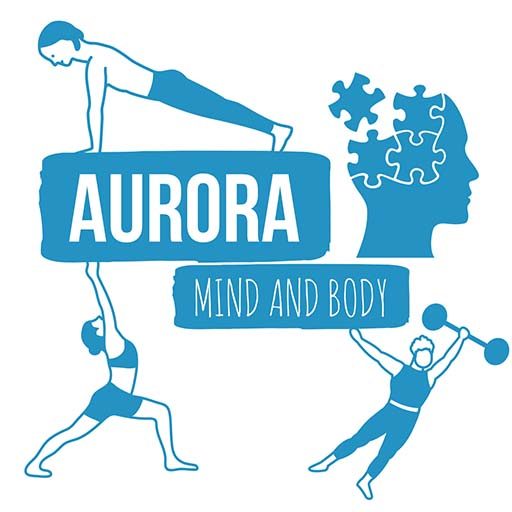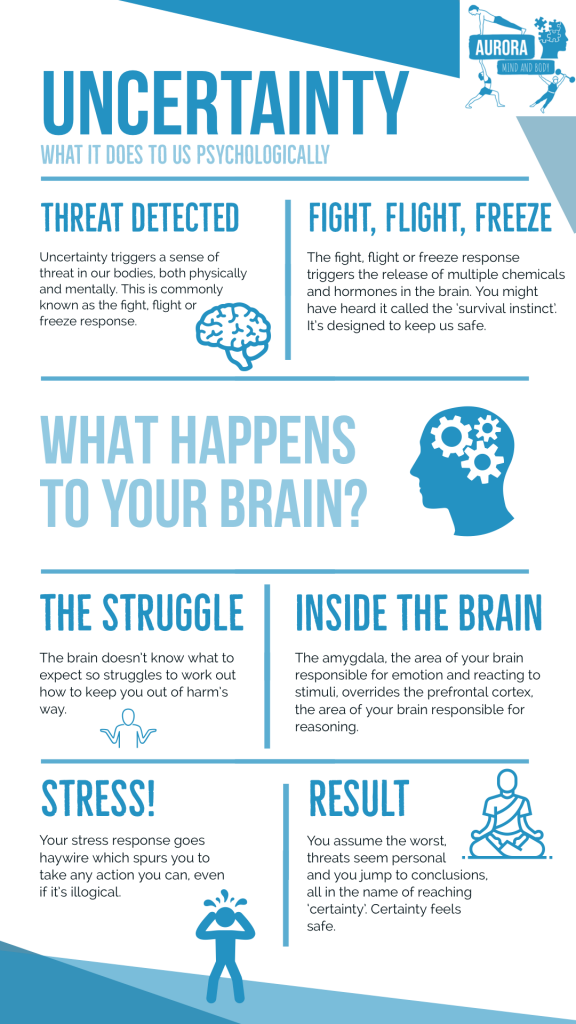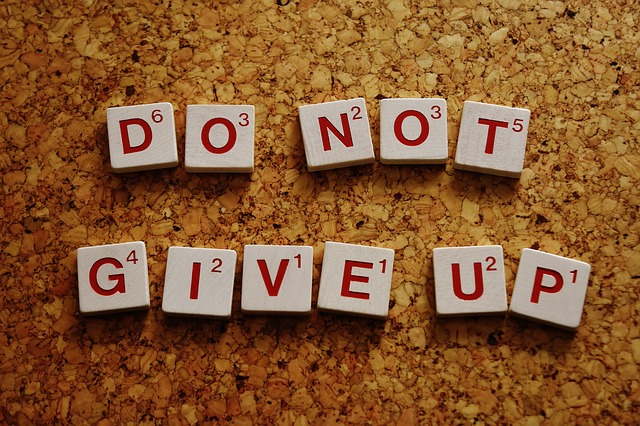Written by Nat Young – Clinical Hypno-Psychotherapist and Yoga/Pilates Teacher
There are so many different types of yoga so it’s easy to get confused. Today we’re going to look at restorative yoga which is a calm and tranquil form of yoga aimed at relaxation and supporting the body.
In a restorative yoga class, you’ll hold poses for several minutes at a time, using props such as bolsters, cushions and blankets to support your body. The props are used to bridge the gap between your body and the floor so that you can relax. The goal of restorative yoga isn’t to stretch, it’s to support.
The problem of stress and anxiety
Chronic stress and anxiety keeps us in the sympathetic nervous system (fight or flight). This can contribute towards a myriad of physical and mental health problems. When in fight or flight, the body shuts down systems that are deemed not necessary, such as digestion, growth, repair and reproduction. It’s therefore important that we don’t stay in fight or flight for longer than we have to. While the fight or flight response serves a useful purpose to keep us out of danger, it becomes problematic when we experience stress and anxiety all the time.
The parasympathetic nervous system, otherwise known as the ‘rest and digest’ system, is the polar opposite and calms us down. The primary nerve of the parasympathetic nervous system is called the vagus nerve (which is actually a set of two nerves, one on the left and one on the right). We can learn to stimulate this nerve through yoga breathing and some of our yoga poses. Of course, we don’t want to be in ‘rest and digest’ all the time either as then we wouldn’t have any motivation to do anything, but being able to tap into it when we want to is hugely beneficial. It’s all about balance and most of us don’t spend enough time in ‘rest and digest’.
The solution: Restorative Yoga
If this sounds like you, you’ll find restorative yoga very helpful. Restorative yoga helps you to learn to be ‘in the moment’, slowing your brain down and helping you to concentrate on the present. It helps you to move away from a state of doing and into a state of being. In class, we practice mindfulness. Letting thoughts come and go, without changing them and without analysis. Can you imagine what it would be like to feel calm and just let thoughts be?
Join me on the mat
To experience restorative yoga for yourself, check out my Restorative Yoga and Hypno Yoga classes in the On Demand Studio. Hypno Yoga also runs weekly on Zoom. Check it out here.





